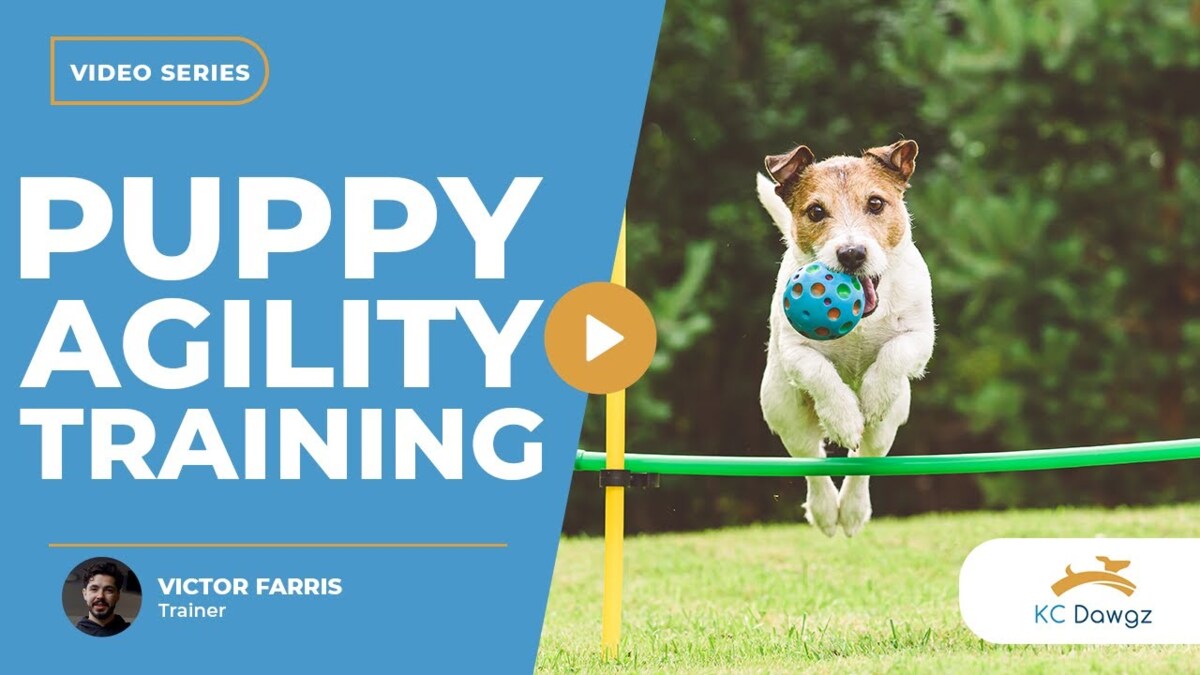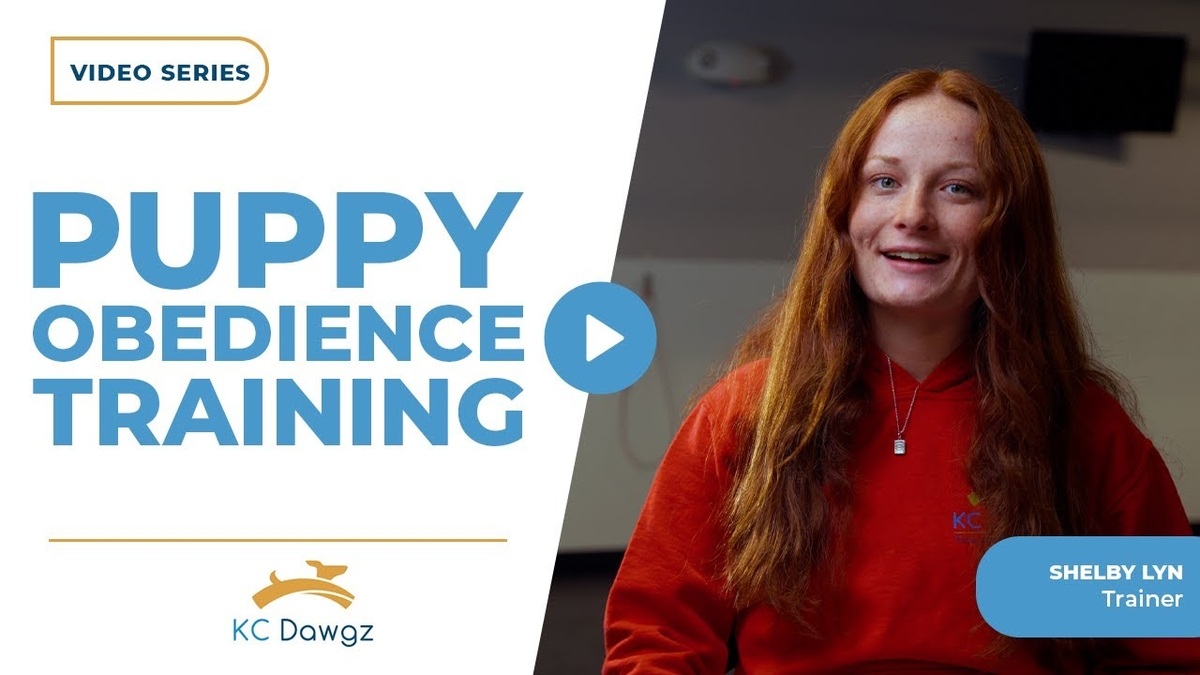One day, your puppy is mastering every command, and the next, it feels like they have forgotten everything they learned. If it seems like your puppy is regressing in training, do not worry. It is a normal part of the process, and with the right approach, it usually passes.
KC Dawgz works closely with owners to navigate these stages and build lasting progress. In this post, we will explain why training setbacks happen, what signs to watch for, and how the right approach can turn short-term struggles into long-term success.
What It Means When Your Puppy is Regressing in Training
Seeing your puppy regress doesn’t mean the training has failed. It means your puppy is experiencing a shift—physically, mentally, or emotionally—that’s affecting how they respond to the cues and skills they’ve already learned.
Let’s look at some common reasons this can happen and what they might look like in your daily routine.
1. Too Much, Too Soon
One of the biggest reasons we see puppies regress is when the training pace is too fast.
Why this happens:
If you’re moving ahead before your puppy has truly mastered a behavior in multiple settings, they can become overwhelmed. They might seem like they know a command at home, but the second you ask for that behavior in a new or distracting environment, they shut down.
What you can do:
- Go back to the basics.
- Practice the same skill in a quieter, less distracting space.
- Gradually increase the challenge by changing locations or adding distractions one step at a time.
2. The Environment is Too Distracting
Context matters. A dog that can sit calmly in your kitchen may not be able to do the same in a busy park.
Why this happens:
Puppies are still learning how to focus, and a sudden change in the environment can overwhelm their senses.
What you can do:
- Break down training into smaller sessions in different locations.
- Increase your use of rewards to keep their focus on you.
- Slowly build their confidence in more distracting environments.
3. Inconsistency in Training
Consistency is critical for any kind of learning, especially for puppies.
Why this happens:
If multiple people in the household are using different cues or rewarding different behaviors, your puppy may become confused and stop responding altogether.
What you can do:
- Make sure everyone is using the same commands and methods.
- Set a regular training routine so your puppy knows what to expect.
- Keep sessions short and focused, especially during the early stages.
4. Fear Periods and Adolescence
It’s completely normal for puppies to go through fear periods and adolescence that affect their behavior.
Why this happens:
Just like teenagers, puppies hit developmental stages that can make them more fearful, stubborn, or reactive. These stages often happen around 6–14 weeks and again around 6–14 months.
What you can do:
- Avoid pushing your puppy through scary situations.
- Use positive reinforcement to help them build confidence.
- Stay patient and consistent—this phase will pass.
5. Growth Spurts, Teething, and Pain
Puppies that are teething or going through growth spurts may feel uncomfortable and less willing to work.
Why this happens:
Discomfort can make it harder for your puppy to focus. Teething pain or sore joints from growth can make them seem lazy or distracted when in fact, they’re not feeling great.
What you can do:
- Offer softer chews or frozen toys to help ease teething discomfort.
- Keep training sessions light and fun.
- Give them time to rest and recover when needed.
6. Changes in Routine or Environment
Major changes can cause temporary setbacks in behavior.
Why this happens:
Moving homes, adding a new family member (human or animal), or shifting your daily routine can all affect your puppy’s sense of stability and control.
What you can do:
- Maintain consistent routines as much as possible.
- Revisit earlier training steps to help reinforce known skills.
- Use more high-value rewards to increase motivation.
7. Health Issues and Gut Health
Sometimes, regression isn’t a training problem at all—it’s a health issue.
Why this happens:
If your puppy is experiencing digestive issues, pain, or a chronic health problem, it may affect their ability to focus and perform during training.
What you can do:
- Schedule a vet check to rule out medical concerns.
- Ask about food sensitivities or digestive problems.
- Be open to adjusting your training methods based on your dog’s needs.
In Summary
If your puppy is regressing in training, take a step back and look at the full picture. Training isn’t always a straight line. It’s a process shaped by your dog’s health, environment, and development. At KC Dawgz, we work closely with you and your puppy to work through these stages the right way—with patience, consistency, and a focus on long-term success.
Contact us if you’re seeing signs of regression and need help building a solid training plan that works for you and your dog. We’re here to support every stage of your puppy’s growth.




